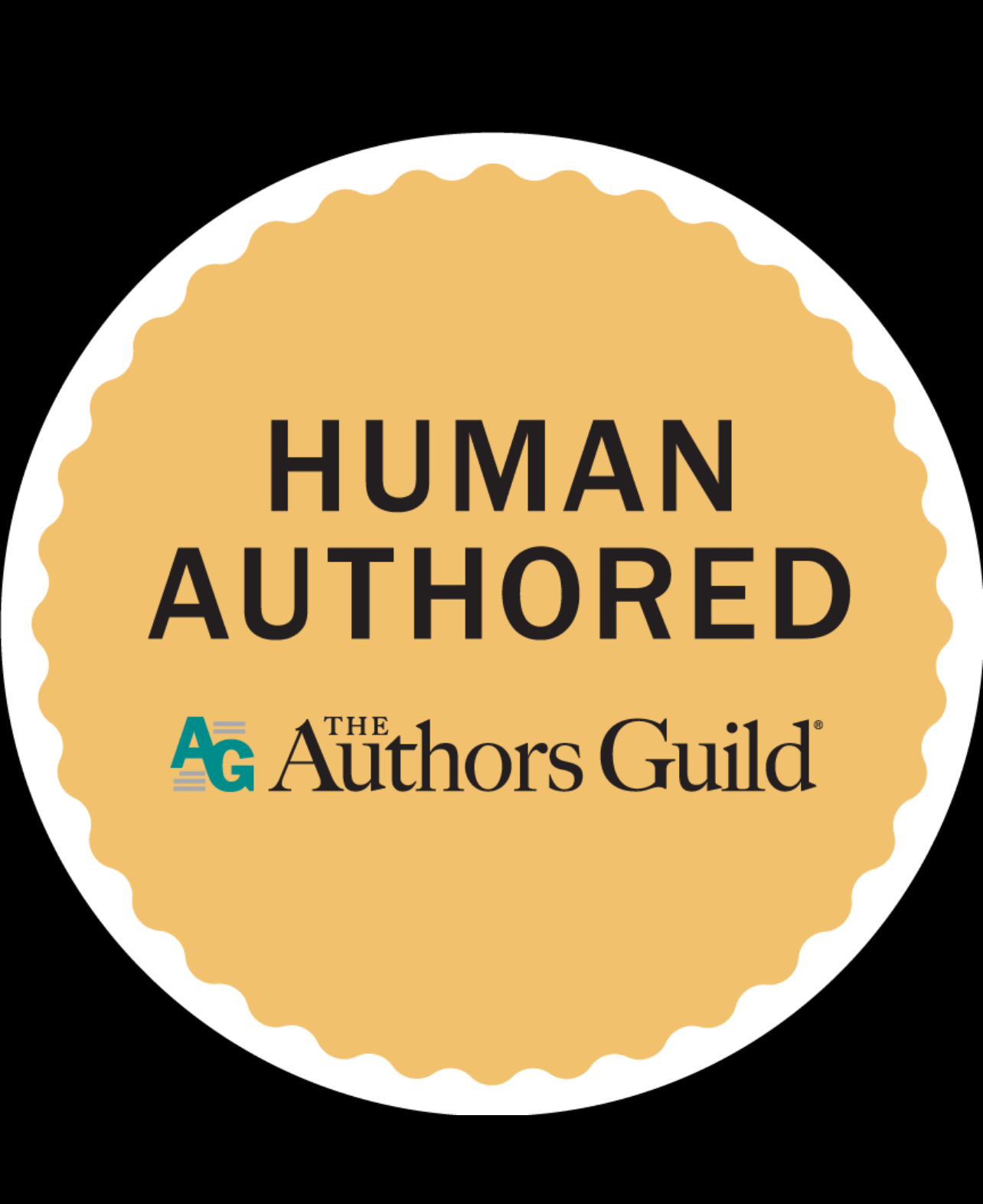Dade Hayes , Deadline; Tilly Norwood & AI Confusion Will Shape Looming Guild Negotiations, Copyright Experts Agree
"Handel and Mishawn Nolan, managing partner of intellectual property law firm Nolan Heimann, shared their perspectives during a panel Friday afternoon at Infinity Festival in Los Angeles.
Digital scanning of human actors, for the purposes of using their likenesses in film and TV projects is another tricky area for the unions given how untested the legal questions are, the attorneys agreed.
“I actually have a client right now” whose body is being scanned, Nolan said. “What I received [from the company] was just a sort of standard certificate of engagement. It was all rights, just like you would normally use. And I said, ‘Well, what are you gonna do with the data? What is the scope of the use?’”
Because of the intense pressure on productions to move quickly, Nolan said, “everyone would like to just turn around [a talent agreement] tomorrow.” But the complexities of copyright issues raised by AI, which is evolving at a breakneck clip, require a lot more thought, she argued. “The way that we’ve always done business can’t be done in the future. It can’t be done instantaneously,” she continued. “You have to take a moment and think about, what are you doing? What are you capturing? What are you going to use it for? How are you going to use it? How long are you going to have access to it? And what happens in the long term? Who holds onto it? Is it safe? Is it gonna be destroyed?”"
